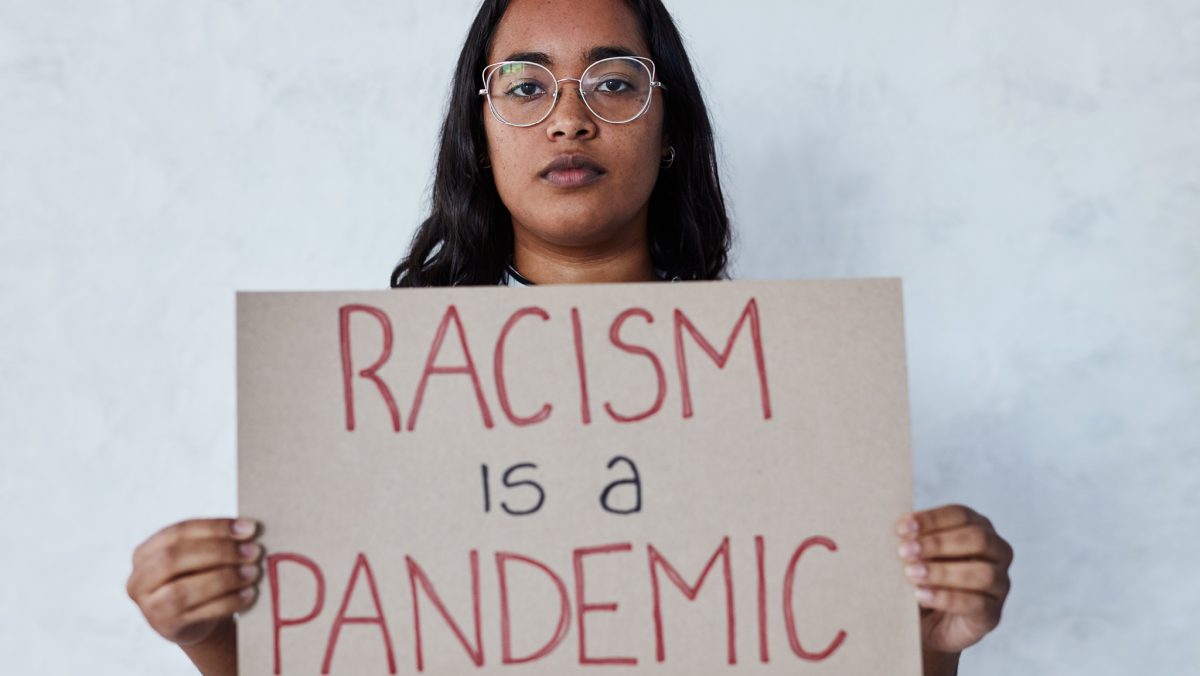
New group on healing racialized trauma available to BIBOC students
Group sessions run 1:00 – 2:15 PM every Tuesday from October 17 to November 17, 2023
Racialized trauma is the emotional and physical effects of racism, discrimination and race-based traumatic stress and distress against people of colour. Just like other types of trauma, it transcends generations and can come from other people or from a wider system. Each person can carry this trauma differently and it can impact the body in ways that can affect a person’s feelings of safety and inclusion.
“There have been several instances when the university community has been impacted by large-scale incidents of white supremacy,” says Edgar French, Spiritual Care Coordinator. “As a spiritual care provider who works with many new-comer students, members of the BIPOC community and faith groups mostly comprised of racialized folk, I always sensed there was something missing as it relates to our supports here at the university.”
The Spiritual Care and Multi-Faith Centre and the Student Counselling Centre are collaborating to offer a new group this fall: Understanding and Healing from the Soul Wounds of Racialized Trauma.
Students identifying as Indigenous or Bodies of Culture* are invited to join. This group will focus on understanding the impacts of racialized trauma, recognizing how racialized trauma may be present in the body, as well as individual and community healing strategies. Specifically exploring the healing component, the content will revolve around active body processes and processing feelings that arise in response to racialized trauma.
This group will run every Tuesday (1:00 – 2:15 PM) from October 17 to November 17, 2023. Each session in this 4-week group will deliver 75 minutes of content from the facilitators and 15 minutes to hold space for student support if needed.
Michelle Pearson, Counsellor at the Student Counselling Centre, also speaks to this opportunity to expand in student support offerings:
“In my work at the Student Counselling Centre, I’ve worked with many BIBOC students who have experienced trauma personally or were impacted by intergenerational, institutional or historical trauma. They’ve asked for support around racialized trauma, racial stress and distress, microaggressions and racism on campus.”
“There is much by way of cognitive content and education in the areas of systemic racism, societal ills, generational trauma and more, but not much in terms of helping racialized folk deal with racism in their daily lives,” French adds.
While Pearson’s work in trauma-informed care has certainly provided effective interventions, students continue to experience difficulties that are somatic in nature, as in their trauma is felt in their body as panic, stomach aches and chronic pain. After pursuing training that specifically delves into this matter, Pearson is ecstatic to bring it to life in this group by using the healing principles of somatic abolitionism to help students heal from the impact of racialized trauma and build resiliency within their communities.
Both French and Pearson have a wide range of training, expertise and personal experiences that translates well into offering support for racialized trauma. Having learned from other professionals in their fields and even other students they have worked with at UM, they are excited to provide the physical and emotional space that will contribute to UM’s active mission to improve supports for its diverse community.
For more information on the workshop or to register, contact spiritualcare@umanitoba.ca . Registration deadline: Friday, October 13.
*American Anti-Racist therapist, educator, and activist, Resmaa Menakem coined the term “Bodies of Culture” to expand the meaning of the popular category, ‘people of colour.’ Menakem indicates he prefers this term as it takes the focus off skin color and onto culture. Defining people as bodies firmly grounds our human experiences, including racism, in the physical realm which in our society we often overlook. Furthermore, it serves to displace other terms that make white bodies the norm.
BIBOC stands for Black, Indigenous, Body of Culture. BIPOC stands for Black, Indigenous, and people of color. Pronounced “bye-pock,” this is a term specific to the United States, intended to centre the experiences of Black and Indigenous groups and demonstrate solidarity between communities of color.






